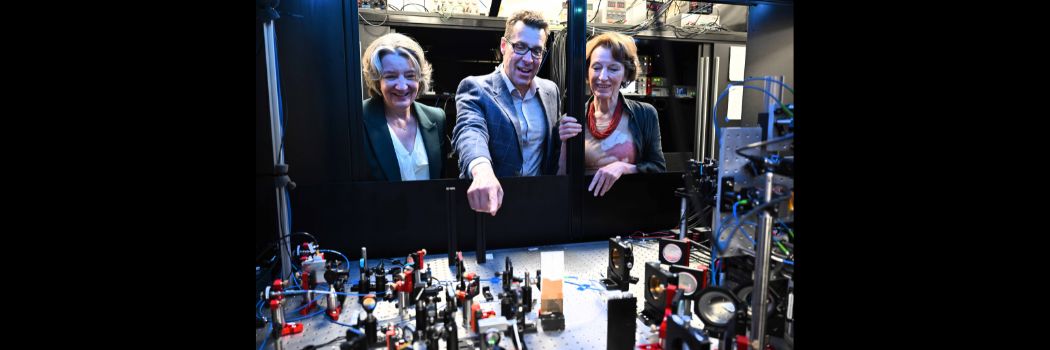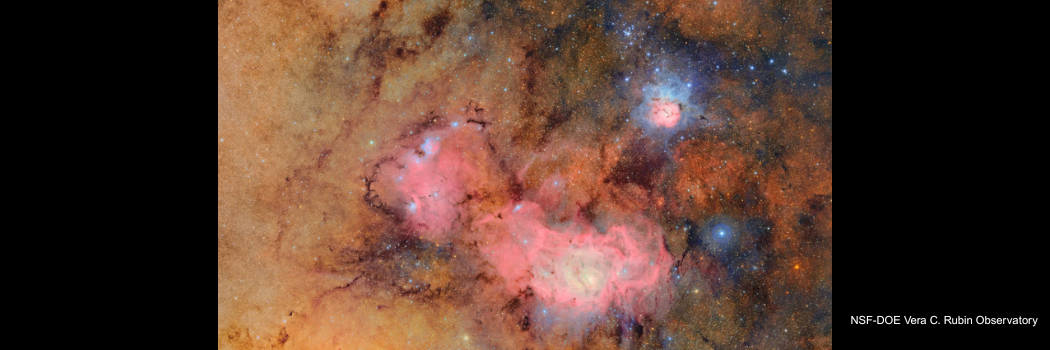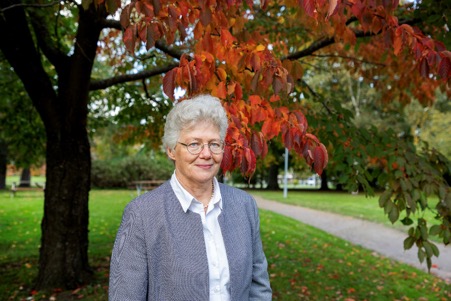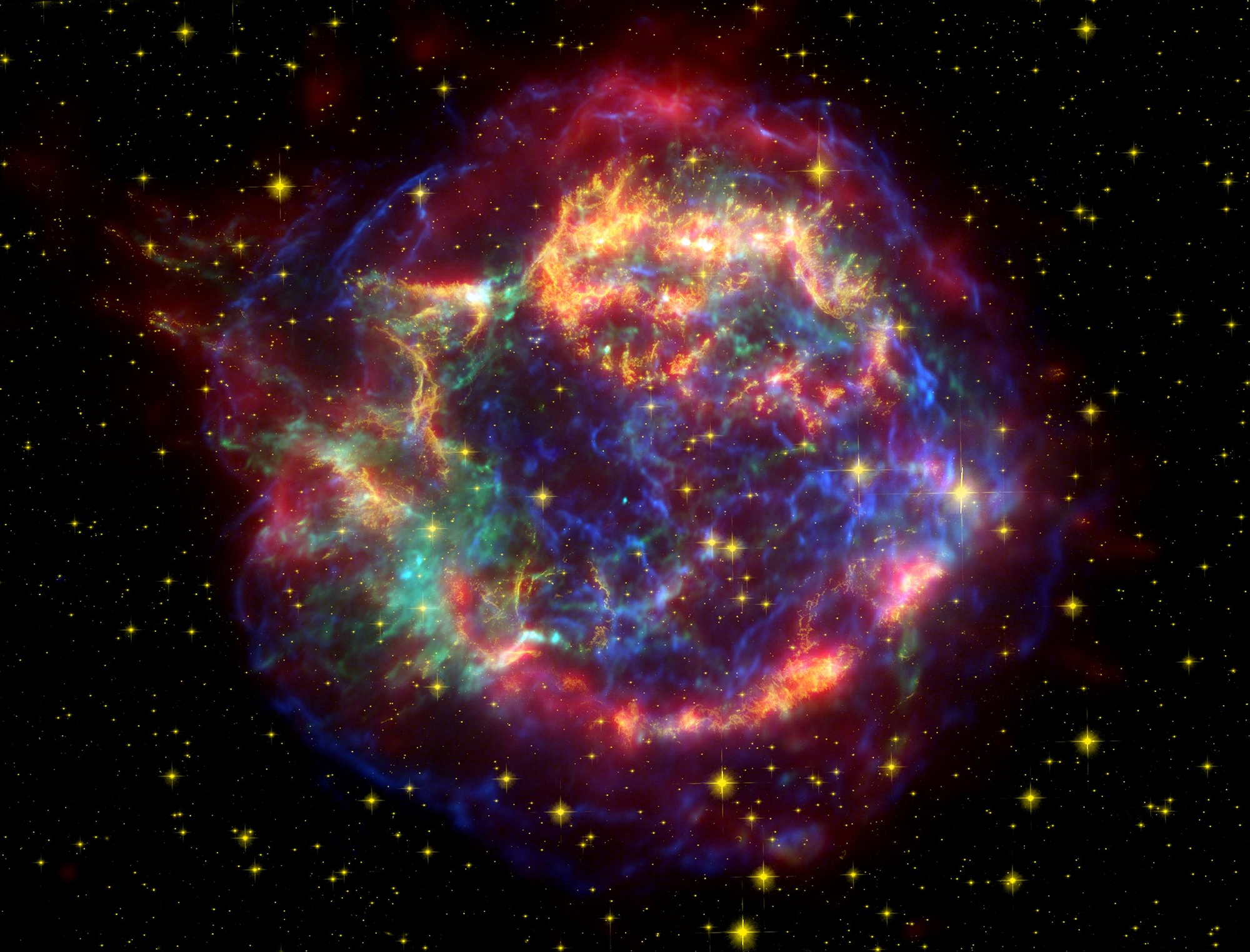Latest News
New ‘mini halo’ discovery deepens our understanding of how the early Universe was formed
Astronomers have uncovered a vast cloud of energetic particles surrounding one of the most distant galaxy clusters ever observed, marking a major step forward in understanding the hidden forces that shape the cosmos.
‘World-class’ research showcased during Europe-wide summit
The global impact of our research has been highlighted during a visit by the European Research Council Scientific Council.
Durham scientists play key role in global space survey as first Rubin Observatory images released
Scientists from our top-rated Physics department are playing a major role in the world’s most ambitious space project, the Legacy Survey of Space and Time (LSST), led by the Vera C. Rubin Observatory.
ERC Spotlight: Professor Simon Cornish and global milestones in quantum physics
We will host the European Research Council's (ERC) Scientific Council Meeting this June. Leading up to the visit, we are highlighting some of the projects at Durham that are happening thanks to support from the ERC.
The Rochester Lecture 2025 will be delivered by Nobel Prize Laureate Prof. Anne L'Huillier
When an intense laser interacts with a gas of atoms, high-order harmonics are generated. In the time domain, this radiation forms a train of extremely short light pulses, of the order of 100 attoseconds. Attosecond pulses allow the study of the dynamics of electrons in atoms and molecules, using pump-probe techniques. Anne L'Huillier's lecture will highlight some of the key steps of the field of attosecond science. Her talk is titled 'The Route to Attosecond Light Pulses'.
New study casts doubt on the likelihood of Milky Way collision with Andromeda
New research has cast doubt on the long-held theory that our galaxy, the Milky Way, will collide with its largest neighbour, the Andromeda galaxy, in 4.5 billion years-time.
Prestigious award for physicist exploring the dawn of the Universe
Congratulations to Professor Ryan Cooke from our Department of Physics who is the joint recipient of the 2025 Gruber Foundation Cosmology Prize.
Space mission discovers ‘bullet-like’ winds shooting from a supermassive black hole
Researchers have discovered that ultra-fast wind surrounding a supermassive black hole is not smooth and continuous as previously assumed, but instead resembles a rapid-fire stream of gas ‘bullets’.
Emma McCabe delivers Lonsdale Prize winning lecture at the British Crystallographic Association (BCA)'s spring meeting.
The Lonsdale Lecture Prize is awarded annually by the early-stage crystallography group (ESCG) of the British Crystallographic Association in memory of Dame Kathleen Lonsdale. Dr Emma McCabe (Durham condensed matter physics) was honoured to be awarded this prize at the BCA spring meeting 2025.
Two of our scientists awarded prestigious quantum fellowships
Two researchers from our top-rated Physics department have been awarded prestigious Quantum Technology Career Acceleration Fellowships by UK Research and Innovation (UKRI) through the Engineering and Physical Sciences Research Council (EPSRC).
Two of our scientists awarded prestigious quantum fellowships
Two researchers from our top-rated Physics department have been awarded prestigious Quantum Technology Career Acceleration Fellowships by UK Research and Innovation (UKRI) through the Engineering and Physical Sciences Research Council (EPSRC).
QuASAR, the Quantum Atom-Experiment for Sensing and fundamental Research, launched in conjunction with Boulby Underground Laboratory
Durham University physicists and the Boulby Underground Laboratory have initiated a collaborative effort to assess the feasibility of deploying the "QuASAR" experiment. This partnership marks a novel venture, as researchers from both institutions work together to investigate the practicalities of operating a cold-atom quantum sensor 1.1 kilometres underground.


/prod01/prodbucket01/media/durham-university/departments-/physics/teaching-labs/VT2A9034-1998X733.jpeg)











